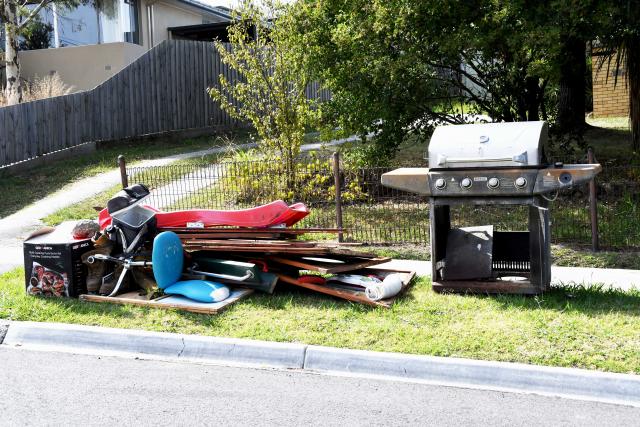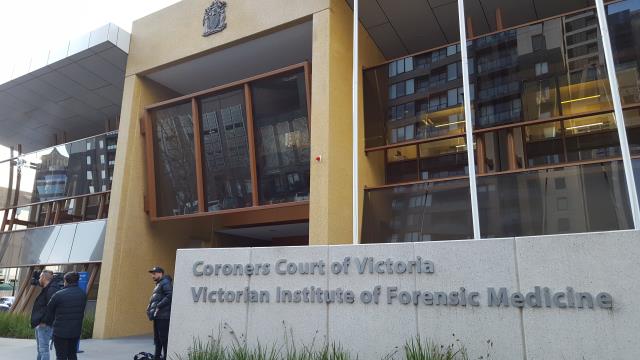Councils will only be able to sue for struggling ratepayers’ homes as a last resort under new proposed financial hardship laws.
Local Government Minister Shaun Leane said legislation introduced to State Parliament on 8 June would ensure people in hardship were not “driven further into debt or out of their homes”.
The proposed laws would require councils to engage early with financially-struggling ratepayers.
Councils would not be able to use debt collectors or pursue legal action to sell off homes to pay back debts to council unless ratepayers refuse to engage and all other options were exhausted.
“We know that many Victorians are doing it tough and that’s why we are working to reform the rating system,” Mr Leane said.
“Good hardship relief schemes strike a balance where the rate burden is shared while ensuring people in hardship are not driven further into debt or out of their homes.”
In other proposed changes, a maximum amount of interest on unpaid rates and charges would be set by the Local Government Minister, in consultation with the Essential Services Commission.
Councils would be expected to follow a set of Ministerial Guidelines to assist ratepayers experiencing financial hardship.
Councils could only use Magistrate’s Court orders for recovering rates and charges that had been unpaid for two years or more.
The Bill follows a State Ombudsman’s report into councils’ hardship policies for ratepayers.
The report found that often battling ratepayers faced “heavy-handed” debt collectors or charged interest when they did offer hardship relief, such as payment plans or deferrals.
“The Ombudsman has seen cases where over time other councils have charged ratepayers hundreds or thousands of dollars.
“In some cases, the interest charges have built over time and now make up anywhere from a quarter to nearly 50 per cent of the ratepayer’s total debt.”
Some councils were described as “too quick to sue” without exploring alternatives.
Financial Counselling Victoria executive officer Sandy Ross welcomed the new legislation.
“For many years, financial counsellors have observed councils behaving harshly and aggressively towards residents in hardship,” she said.
“Decent treatment of people in hardship is fundamental to being community minded, which surely all Councils should aspire to.”
A Cardinia Shire spokesperson said council reviewed and updated its financial hardship policy in 2020.
“Financial hardship is defined in our guidelines on our website as experiencing difficulty paying the outstanding rates or charges due to a change in circumstances such as loss of employment, ill health, death in the family, natural disasters, family violence, marriage breakdown, gambling or substance abuse,” they said.
“This enables a person experiencing hardship to make application to council for assistance relating to any unpaid rates or charges levied on a property.
“Council has also expanded the support to include properties other than residential.”
Council approved 80 rate financial hardship applications in 2020-21, did not charge any interest on unpaid rates and took no debt collection action due to the Covid-19 pandemic.
In the period of 2020/21, 1,084 waivers were given to ratepayers in hardship and nine rate deferrals were made.
“Payment arrangements were tended to be negotiated with most applicants rather than deferrals,” the spokesperson said.

















